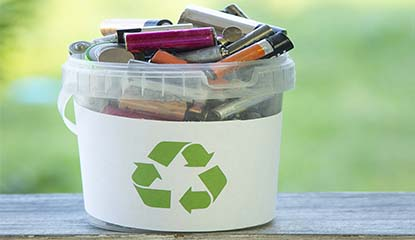Recycling, Dumping, and E-Waste Management Solutions
The comforting notion that tossing a plastic bottle into a
recycling bin ensures its rebirth as a new product is largely a myth. As
Alexander Clapp’s Waste Wars reveals, much of what we discard embarks on
a grim odyssey—shipped to developing nations where it pollutes landscapes,
poisons rivers, and even re-enters the food chain through contaminated seafood.
The problem extends beyond plastics to electronic waste, another growing crisis of the digital age. Discarded computers and smartphones, sometimes falsely labelled as donations, end up in slums like Agbogbloshie in Ghana, where workers extract valuable metals using dangerous, primitive methods. These informal recycling hubs provide livelihoods but at a horrific cost, exposing workers and surrounding ecosystems to lead, mercury, and other deadly toxins. The global e-waste trade mirrors the same inequality seen in plastic waste: wealthy nations consume, while poorer ones bear the health and environmental consequences.
Historically, when land dumping became politically inconvenient, waste was simply shipped elsewhere—sometimes even into the ocean, as with the infamous case involving the Liberian cargo ship, Khian Sea, which spent years searching for a place to dump Philadelphia’s incinerator ash before illegally dumping it at sea. More recently, speculative proposals to send waste into space have emerged, but these are neither practical nor ethical. The deep sea is already a plastic graveyard, and space dumping would only transfer pollution beyond Earth without addressing the root problem: overconsumption and poor waste management.
Real solutions require systemic change. Exporting waste must be strictly regulated, not just through agreements like the Basel Convention but with enforceable penalties for violations. Wealthy nations must invest in domestic recycling infrastructure rather than relying on exploitative global trade. Companies should be held accountable for the full lifecycle of their products, incentivising durable, repairable designs over disposable ones. Most importantly, the world must move beyond the illusion that recycling alone can solve the waste crisis. Without reducing consumption and rethinking production, the waste wars will only escalate, leaving more communities and ecosystems buried under the weight of the world’s discarded excess.

No comments:
Post a Comment